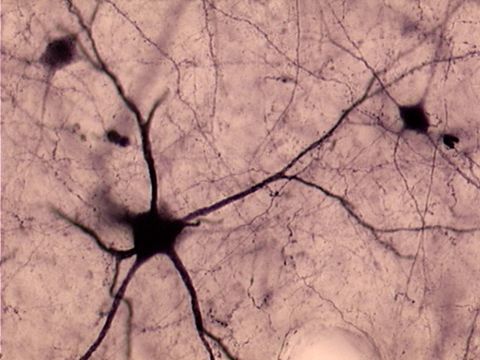“Stroke is a chronic condition with many survivors at risk of another event. We sought to address the knowledge gap about stroke denial in order to enhance the quality of care that can be offered to all patients who experience stroke. It also highlights where further education and resources on stroke diagnosis are needed,” said Ms Karen Barclay, a stroke researcher at the Florey Institute of Neuroscience and Mental Health and lead author on the study.
Using data from the Australian Stroke Clinical Registry (AuSCR), the team investigated the proportion and demographics of people who were reported to have denied their diagnosis of stroke over an 18-month period from January 2017 to June 2018. They found that less than 2% of people presenting with stroke initially disagreed with the diagnosis they were given.

“Patients who disputed their diagnosis of stroke were found to be younger, spend less time in hospital and were more likely to be diagnosed with a transient ischaemic attack or ‘mini stroke’,” explained Ms Barclay.
“Further research is needed to improve our knowledge on both the effects of denial of a condition or disease and whether this influences the patient’s future long-term prevention and management behaviour or health outcomes,” added Ms Karen Barclay.
The study additionally sought to investigate the impact of stroke denial on the accuracy of stroke data collected by the Australian Stroke Clinical Registry (AuSCR).
The researchers found that most patients who denied their diagnosis were correctly confirmed as eligible for inclusion into the national stroke registry by hospital staff who verified their discharge diagnosis to the registry.
“The study provides us with confidence that the vast majority of stroke episodes are correctly entered into the national registry for stroke and confirms that the information in the AuSCR can provide an accurate representation of stroke,” said Professor Dominique Cadilhac, Data Custodian of the Australian Stroke Clinical Registry and Head of Public Health at the Florey Institute of Neuroscience and Mental Health.
“Ensuring the correct reporting of stroke in clinical registries is important as these data are being used to guide quality improvement initiatives and stroke policy,” she added.
The research has been published in Journal of Stroke and Cerebrovascular Diseases: https://doi.org/10.1016/j.jstrokecerebrovasdis.2021.106210.
It was made possible by funding received from the Australian Government National Health and Medical Research Centre (NHMRC) and National Heart Foundation of Australia.
